Planning a caravan trip around Australia is an exciting venture, but it also requires careful financial planning. From budgeting for daily expenses to finding ways to earn money while on the road, there are several strategies you can employ to ensure your journey is financially sustainable. Here are some comprehensive tips gathered from various resources to help you plan your budget and manage your finances effectively during your caravan travels around Australia.
Understanding Your Expenses
Before you embark on your journey, it's crucial to understand the costs associated with travelling around Australia in a caravan. Expenses can be broadly categorized into fixed costs (such as insurance, registration, and maintenance of your caravan) and variable costs (like fuel, food, and camping fees).
Fixed Costs: A Deep Dive into the Essentials
Fixed costs are the expenses that you'll need to cover regardless of how much you use your caravan. These are the costs that you'll incur even when your caravan is parked in your driveway. They include insurance, registration, and maintenance. Let's delve deeper into each of these aspects.
Caravan Insurance
Caravan insurance is a non-negotiable expense for any caravan owner. It provides financial protection against theft, damage, and other unforeseen incidents. In Australia, there are several insurance providers offering a range of policies to suit different needs and budgets.
When choosing an insurance policy, consider factors such as the level of cover, the cost of premiums, the excess amount, and any exclusions. Some policies offer comprehensive cover, which includes accidental damage, theft, fire, storm damage, and third-party liability. Others may only offer third-party cover, which protects you if your caravan causes damage to other people's property.
Insurance premiums can vary widely depending on the value of your caravan, where it's stored, and how often you use it. On average, you can expect to pay between $350 and $1000 per year for caravan insurance in Australia. It's worth shopping around and comparing quotes from different providers to ensure you're getting the best deal.
Caravan Registration
In Australia, all caravans must be registered with the relevant state or territory authority. Registration costs can vary depending on the size and type of your caravan, and the state or territory in which you live.
In New South Wales, for example, the cost of registering a caravan for 12 months can range from $65 for a small camper trailer to $471 for a large caravan. In Queensland, the annual registration fee for a caravan can range from $200 to $300. In Victoria, it can cost between $200 and $400 to register a caravan for a year.
Remember, registration costs are recurring expenses that you'll need to budget for each year. It's also important to note that if you're planning to travel interstate, you may need to pay additional registration fees.
Caravan Maintenance
Regular maintenance is crucial to keep your caravan in good working order and prevent costly repairs down the line. While some maintenance tasks can be done yourself, others may require the expertise of a professional.
Basic maintenance tasks include checking and topping up fluid levels, inspecting and replacing worn-out parts, and cleaning the interior and exterior of the caravan. You should also regularly check the condition of your tyres, brakes, and lights.
Professional maintenance may include servicing the caravan's suspension and braking system, checking the structural integrity of the chassis, and inspecting the electrical and gas systems. The cost of professional maintenance can vary depending on the type of service and the mechanic's rates. On average, you can expect to pay between $200 and $500 per year for professional caravan maintenance in Australia.
In conclusion, understanding and planning for your fixed costs is an essential part of budgeting for your caravan travels around Australia. By factoring in these costs, you can ensure that you're financially prepared for your journey and avoid any unexpected expenses along the way.

Variable Costs
Variable costs are the expenses that fluctuate based on your usage and activities during your caravan travels. These costs can significantly impact your overall travel budget, so it's crucial to understand and plan for them. Let's delve into the details of the most common variable costs you'll encounter during your caravan travels around Australia.
Fuel Costs
Fuel is one of the most significant variable costs when travelling around Australia in a caravan. The cost of fuel can vary greatly depending on the region and the current market price. As of 2023, the average fuel price in Australia is around $1.50 per litre. However, in remote areas, prices can go up to $2.00 per litre or more.
Given that a typical caravan trip can cover thousands of kilometres, even small changes in fuel prices can have a significant impact on your budget. To manage this cost, consider the following tips:
- Fuel Efficiency: Ensure your vehicle is well-maintained and running efficiently. Regular servicing, correct tyre pressure, and avoiding unnecessary weight can improve fuel efficiency.
- Plan Your Route: Plan your route to avoid backtracking and unnecessary travel. Use apps or websites that provide fuel price information to plan your refuelling stops.
- Drive Smart: Smooth, steady driving is more fuel-efficient than aggressive driving. Avoiding peak hour traffic can also save fuel.
Food and Drink
Food and drink are another significant variable cost. The cost can vary depending on your dietary preferences, whether you eat out or cook your meals, and the local cost of groceries. On average, a couple might spend between $100 to $150 per week on groceries while caravanning in Australia.
To manage food and drink costs, consider the following:
- Cook Your Meals: Cooking your own meals is usually cheaper than eating out. Plan your meals and shop accordingly to avoid waste.
- Buy in Bulk: Where possible, buy non-perishable items in bulk. This is usually cheaper and also means you have supplies on hand.
- Shop Local: Local markets often have fresh produce at lower prices than supermarkets. Plus, you're supporting local businesses!
Camping Fees
Camping fees can vary greatly depending on the type of campsite and the facilities provided. In Australia, you can find a range of camping options, from free bush campsites to well-equipped caravan parks that charge a nightly fee.
For example, in Victoria's parks, camping fees can range from $14.50 per night for a basic site to $65.70 per night for a site with more facilities. In Kakadu National Park, there are both free bush campgrounds and managed campgrounds with fees. Commercial campgrounds in the park offer additional facilities like swimming pools and shops.
To manage camping fees, consider the following:
- Mix Your Accommodation: Balance your stay between paid caravan parks with full facilities and free or low-cost campsites.
- Off-Peak Travel: If possible, travel during off-peak times. Some caravan parks offer lower rates during these periods.
- National Park Passes: If you're planning to visit several national parks, consider buying a parks pass. It can be more cost-effective than paying individual entry fees.
Other Variable Costs
Other variable costs can include entertainment (like tours and attractions), vehicle maintenance, and unexpected expenses like medical costs or repairs. It's a good idea to set aside a contingency fund in your budget for these unexpected costs.
In conclusion, understanding and planning for variable costs is a crucial part of budgeting for your caravan travels around Australia. By doing your research and making informed decisions, you can manage these costs and enjoy your adventure without breaking the bank.
Budgeting for Your Trip
Once you have a clear understanding of your expenses, the next step is to create a budget for your trip. Here are some tips to help you with this:
-
Estimate Your Total Costs: Based on the expenses outlined above, estimate how much your trip will cost. Be sure to include a buffer for unexpected costs.
-
Set a Daily Budget: Divide your total budget by the number of days you plan to travel to get a daily budget. This will help you keep track of your spending and ensure you don't run out of money halfway through your trip.
-
Track Your Spending: Keep a record of all your expenses during your trip. This will help you identify areas where you can cut back if necessary.
Earning Money on the Road
The concept of earning money while travelling is not new, but the advent of technology and the internet has made it more feasible than ever. Remote jobs, also known as telecommuting jobs, allow you to work from anywhere in the world, as long as you have a reliable internet connection. This flexibility makes them an ideal choice for travel enthusiasts who want to maintain a steady income while exploring new places.
Types of Remote Jobs
There are numerous types of remote jobs available across various industries, making it possible for almost anyone to find something that suits their skills and interests. Here are some of the most common types:
-
Freelance Writing and Editing: This involves creating and editing content for various clients. It could be blog posts, articles, technical documents, or marketing copy. All you need is a good command of language and the ability to write engaging and error-free content.
-
Graphic Design: If you have a knack for creating visually appealing designs, you can offer your services to businesses and individuals worldwide. This could involve designing logos, websites, marketing materials, and more.
-
Online Teaching or Tutoring: With the rise of e-learning, there's a high demand for online tutors. You could teach a language, a specific subject, or even a skill you have mastered.
-
Virtual Assistance: This involves providing administrative support to businesses remotely. Tasks may include managing emails, scheduling appointments, social media management, and more.
-
Software Development and IT Services: If you're tech-savvy, there are numerous opportunities available for web development, app development, IT support, and more.
-
Consulting: If you have expertise in a specific field, you can offer your advice and strategies to businesses and individuals as a consultant.
-
Digital Marketing: This involves helping businesses promote their products or services online through SEO, email marketing, social media marketing, and more.
Each of these jobs requires a specific set of skills and qualifications, but the common denominator is the ability to work independently and communicate effectively in a virtual environment.

Finding Remote Jobs
There are several platforms and websites that specialize in remote job listings. Here are a few reliable ones:
-
Remote.co: This site offers a wide range of remote job listings from companies around the world. It also provides useful resources for remote workers.
-
FlexJobs: Known for its extensive database of flexible and remote jobs. It offers a curated list of jobs from reputable companies.
-
Upwork: A platform for freelancers to find projects in various fields. It's a great place to start for those looking to offer their services on a project basis.
-
LinkedIn: While not exclusively for remote jobs, many companies post remote positions on LinkedIn. It's also a great platform for networking and professional growth.
-
Indeed: One of the largest job search websites, Indeed also lists remote and work-from-home jobs across various industries.
Tips for Success in Remote Jobs
Working remotely comes with its own set of challenges. Here are some tips to help you succeed:
-
Create a Productive Workspace: Having a dedicated workspace can help you stay focused and productive. It doesn't have to be a separate room - a quiet corner with a comfortable chair and desk can also work.
-
Manage Your Time Effectively: One of the challenges of remote work is managing your time. Use tools and techniques like time blocking, to-do lists, or productivity apps to stay organized.
-
Stay Motivated: Without the structure of a traditional office, staying motivated can be challenging. Set daily goals, take regular breaks, and remember to celebrate your achievements.
-
Communicate Effectively: Good communication is key in a remote work environment. Regularly update your team or clients about your progress, and don't hesitate to ask for clarification or help when needed.
-
Maintain Work-Life Balance: When your home is your office, it can be hard to switch off. Set boundaries for your work hours to avoid burnout.
In conclusion, earning money while travelling is not just a dream - it's a reality for many people thanks to remote jobs. With the right job, a good internet connection, and a bit of planning, you can enjoy the freedom of travelling while maintaining a steady income.
Saving Money on the Road
Plan Your Budget
One of the most effective ways to save money on the road is to plan your budget meticulously. Before you set off, research the cost of living in the areas of Australia you plan to visit, including campsite fees, food, fuel, and activities. This will give you a realistic idea of how much you'll need to spend each day. Remember to factor in unexpected expenses and always have a contingency fund.
Choose Economical Accommodation
Accommodation can be one of the biggest expenses when travelling. However, by travelling in a caravan or camper trailer, you can significantly cut down on these costs. Free or low-cost campsites are available throughout Australia, and many offer basic amenities such as toilets and BBQ facilities.
Free Camping
Free camping, also known as wild camping, is a great way to save money while travelling. Australia is known for its numerous free camping spots, many of which are located in stunning locations. These sites often have basic amenities and allow you to experience the Australian wilderness up close. However, it's important to always follow the "leave no trace" principle and respect local regulations.
Cook Your Own Meals
Eating out can quickly drain your budget. Whenever possible, cook your own meals. This not only saves money but also allows you to experiment with local ingredients and recipes. Your caravan or camper trailer likely has a kitchenette, so make the most of it! Consider planning your meals ahead of time to avoid waste and save on grocery costs.
Plan Your Route Wisely
While having a caravan or camper trailer provides convenience and flexibility, fuel can be a significant expense, especially in remote areas of Australia where prices are higher. Plan your route wisely to minimise unnecessary driving and consider using apps like GasBuddy to find the cheapest fuel prices along your route.
Take Advantage of Free Activities
Australia offers a plethora of free activities, from national parks and hiking trails to free city tours and public museums. Do your research before you arrive and plan your itinerary around these free attractions.
Travel Off-Season
Travelling during the off-peak season can result in significant savings. Not only are campsite fees usually cheaper, but attractions are also less crowded, allowing you to have a more relaxed and enjoyable experience.
Use Travel Apps
There are numerous travel apps available that can help you save money. Apps like WikiCamps Australia can help you find the best campsites, while apps like Fuel Map Australia can help you find the cheapest fuel prices.
Be Flexible
Flexibility is key when trying to save money on the road. Be open to changing your plans if it means saving money. This could mean staying an extra night at a free campsite, or taking a scenic but longer route to your next destination.
Travelling Slowly
One of the best ways to save money while travelling is to slow down. Travelling slowly allows you to spend less on fuel, accommodation, and daily expenses. It also gives you the opportunity to fully explore each destination and immerse yourself in the local culture.
Join Loyalty Programs
Many companies offer loyalty programs that provide discounts or rewards for frequent use. This includes fuel companies and grocery stores. If you travel frequently, these programs can result in significant savings over time.
Pack Wisely
Lastly, packing wisely can save you money. Avoid overloading your caravan or camper trailer by only bringing what you need. Consider investing in multi-purpose items to save space and weight.
Remember, saving money on the road doesn't mean you have to compromise on your experience. With careful planning and smart choices, you can have an unforgettable holiday without breaking the bank.
Caravan Maintenance: Keeping Costs Down

Proper maintenance of your caravan is essential for ensuring its longevity and reliability on the road. It also helps to prevent costly repairs and replacements down the line. Here's a comprehensive guide on how to keep your caravan in top shape while keeping costs down, especially tailored for Australian travellers.
Chassis and Suspension
The chassis and suspension system are the backbone of your caravan. They bear the weight of the caravan and absorb the shocks from the road. Regularly inspect these components for any signs of wear, rust, or damage. Lubricate moving parts as per the manufacturer's instructions. If you notice any issues, it's best to address them immediately to prevent further damage.
Tyres
Tyres are crucial for your safety on the road. Regularly check your caravan's tyre pressure and adjust it according to the manufacturer's recommendations. Keep an eye out for any signs of wear or damage, such as cracks or bulges. Rotate your tyres regularly to ensure even wear and prolong their lifespan. Remember, it's cheaper to replace a worn-out tyre than to deal with a blowout on the road.
Brakes
Brakes are another critical safety feature. Regularly check your caravan's brakes for any signs of wear or damage. If your caravan has been sitting idle for a while, the brakes may have seized. In this case, it's best to have them professionally serviced. Regular brake maintenance can prevent costly repairs and ensure your safety on the road.
Electrical System
Your caravan's electrical system powers your lights, appliances, and other essential features. Regularly check your caravan's battery, lights, and wiring for any issues. If your caravan is fitted with a dual lithium battery system, ensure it's properly maintained and charged. Use solar panels or a portable generator to keep your batteries charged while off-grid.
Plumbing
Your caravan's plumbing system includes your water tanks, pipes, and waste disposal system. Regularly check these components for any leaks or blockages. Clean your water tanks regularly to prevent the growth of bacteria. If your caravan has an onboard toilet, ensure it's properly maintained to prevent unpleasant odours and potential health hazards.
Appliances
Your caravan's appliances, such as your fridge, stove, and air conditioner, need regular maintenance to ensure they're working efficiently. Clean your appliances regularly and check them for any signs of wear or damage. Regular appliance maintenance can prevent costly repairs and replacements.
Exterior and Interior
Regularly clean your caravan's exterior to prevent the build-up of dirt and grime, which can cause damage over time. Check the exterior for any signs of damage, such as cracks or leaks. Regularly clean and inspect your caravan's interior, including the floors, walls, and roof. Check for any signs of water damage, as this can lead to mould growth, which can be costly to repair.
Regular Servicing
Regular servicing is essential for keeping your caravan in top shape. A professional can spot potential issues that you may miss and address them before they become major problems. While regular servicing may seem like an added expense, it can save you money in the long run by preventing costly repairs.
Remember, regular maintenance is the key to keeping your caravan in top shape and ensuring your safety on the road. By following these tips, you can enjoy your caravan travels around Australia without worrying about unexpected breakdowns or costly repairs.
By carefully planning your budget and finding ways to earn and save money on the road, you can ensure your caravan travels around Australia are not only enjoyable but also financially sustainable.




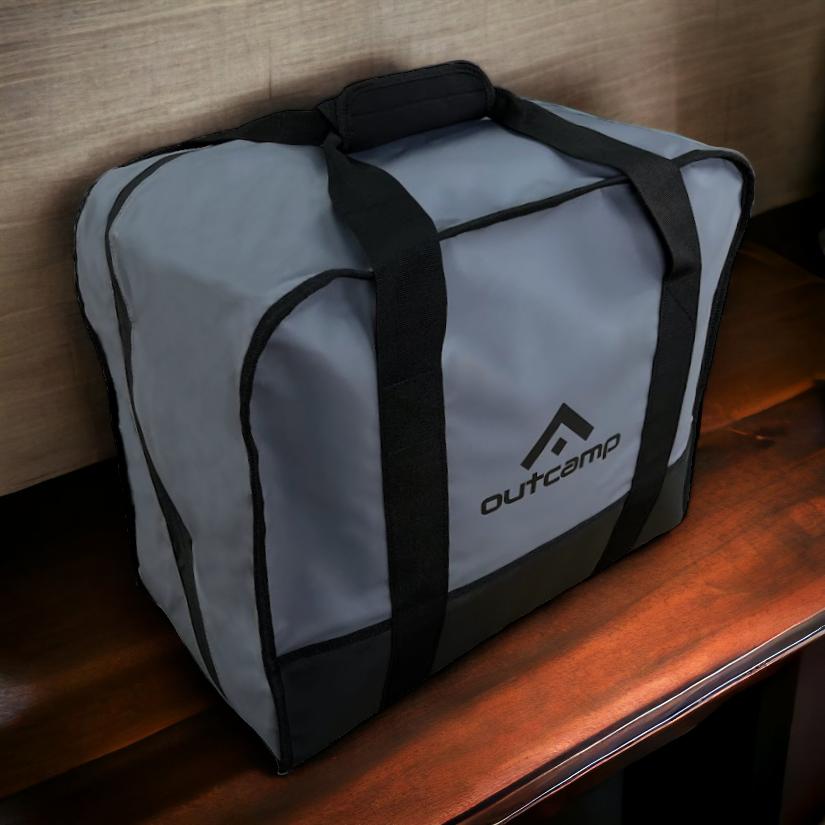
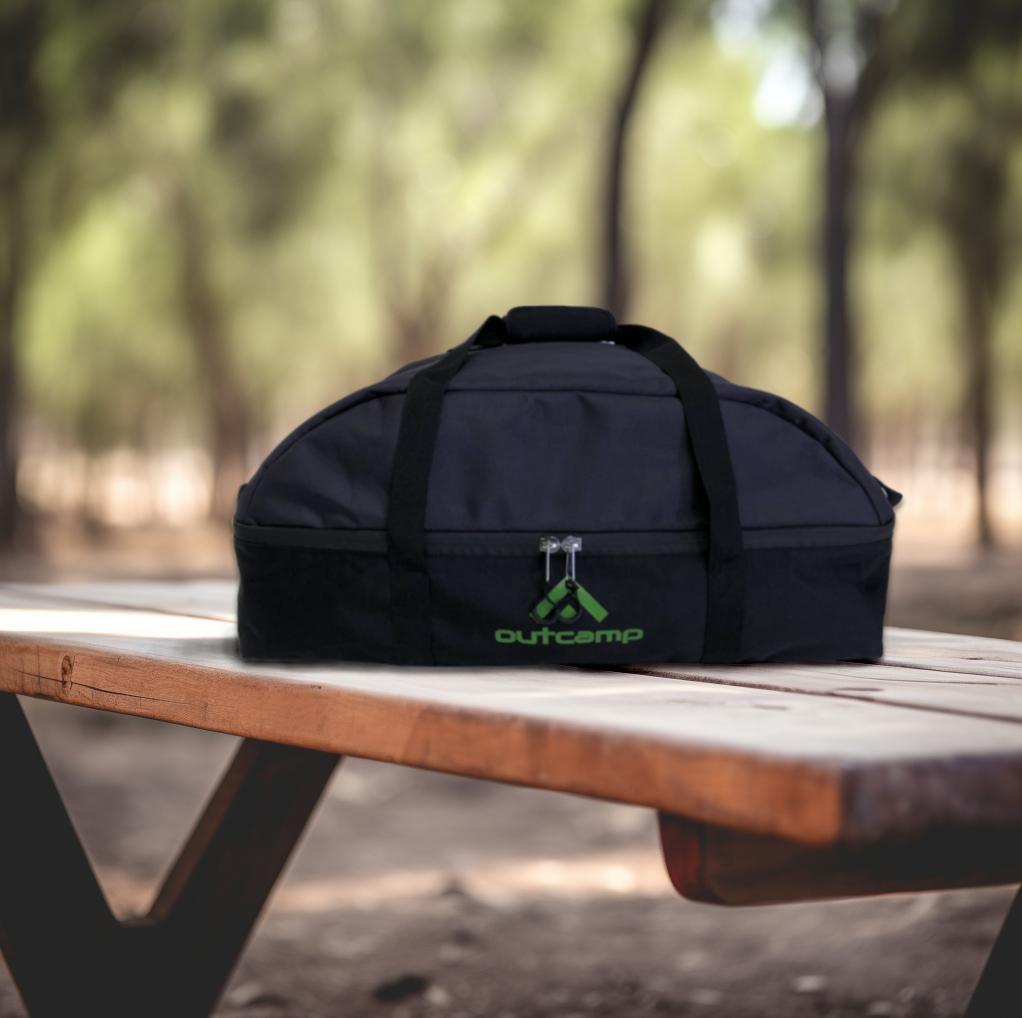
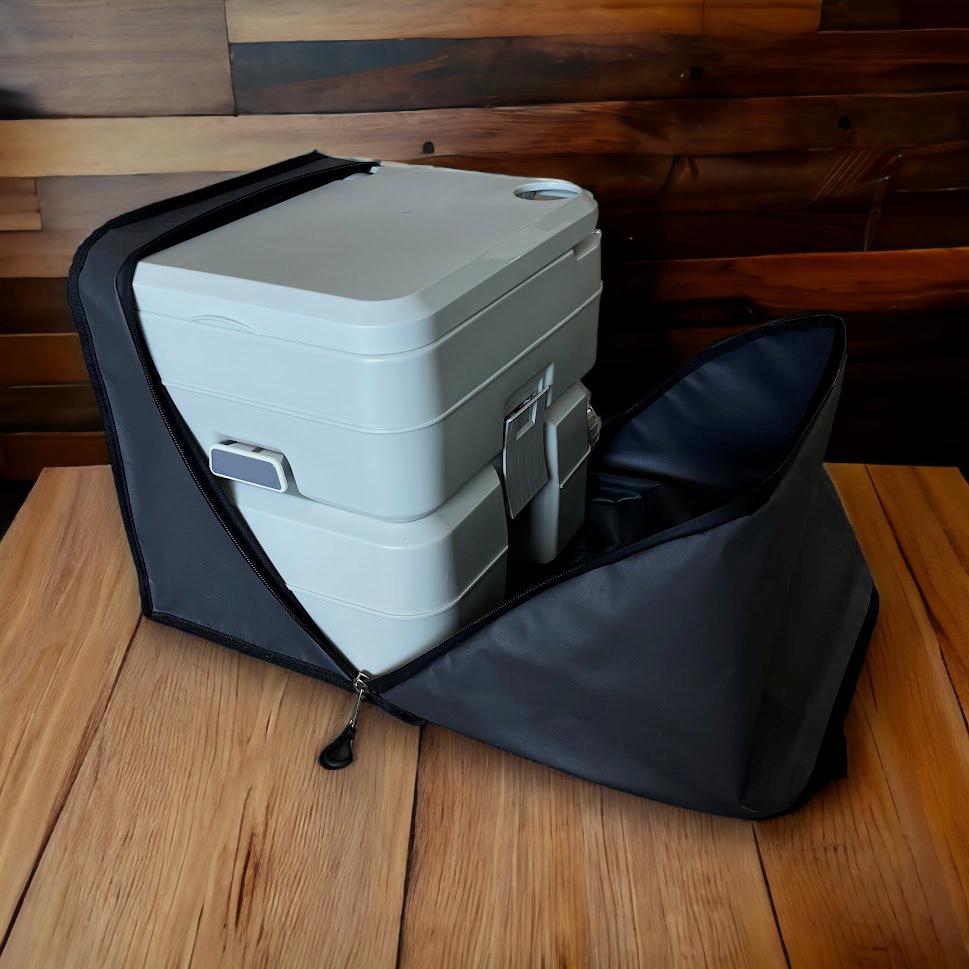
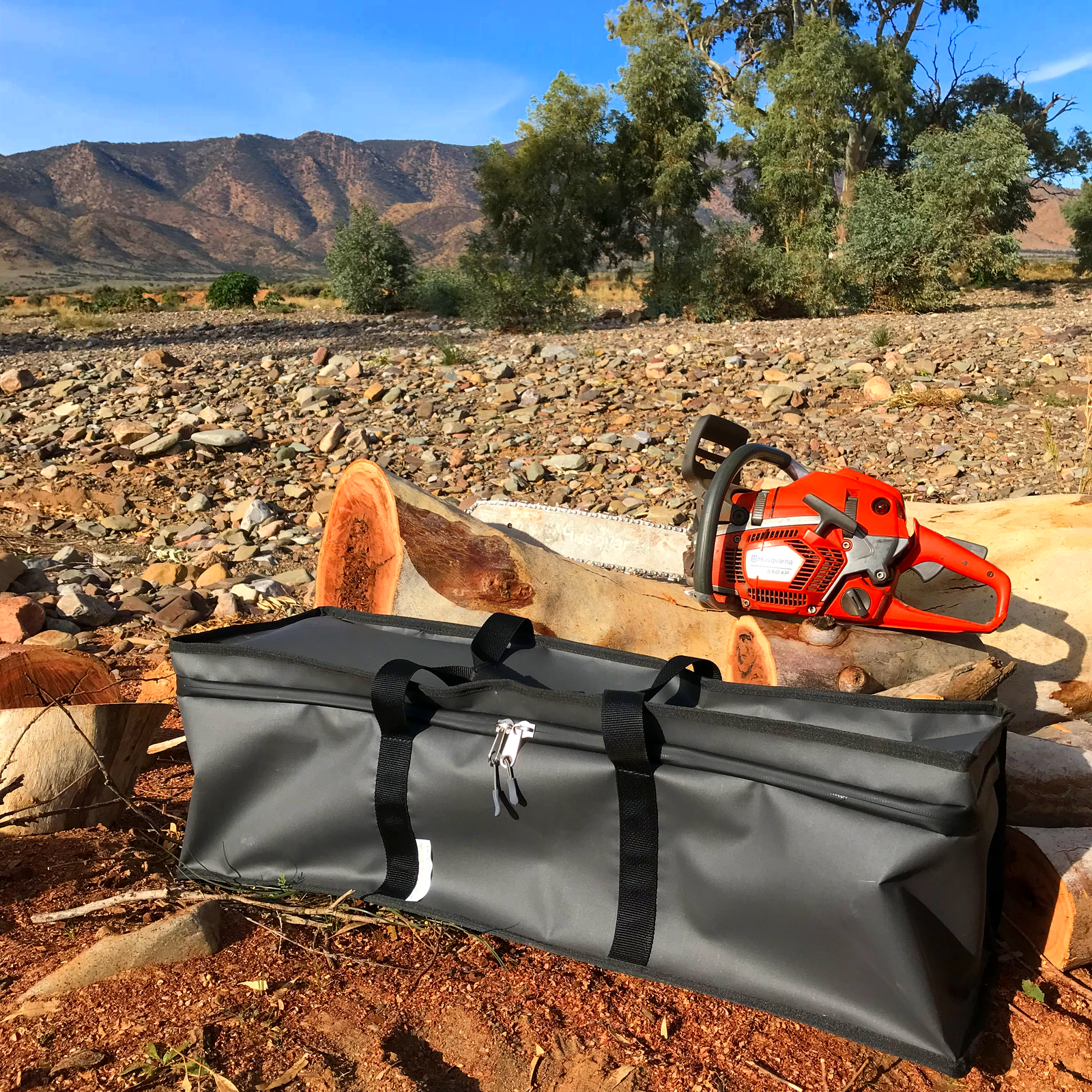
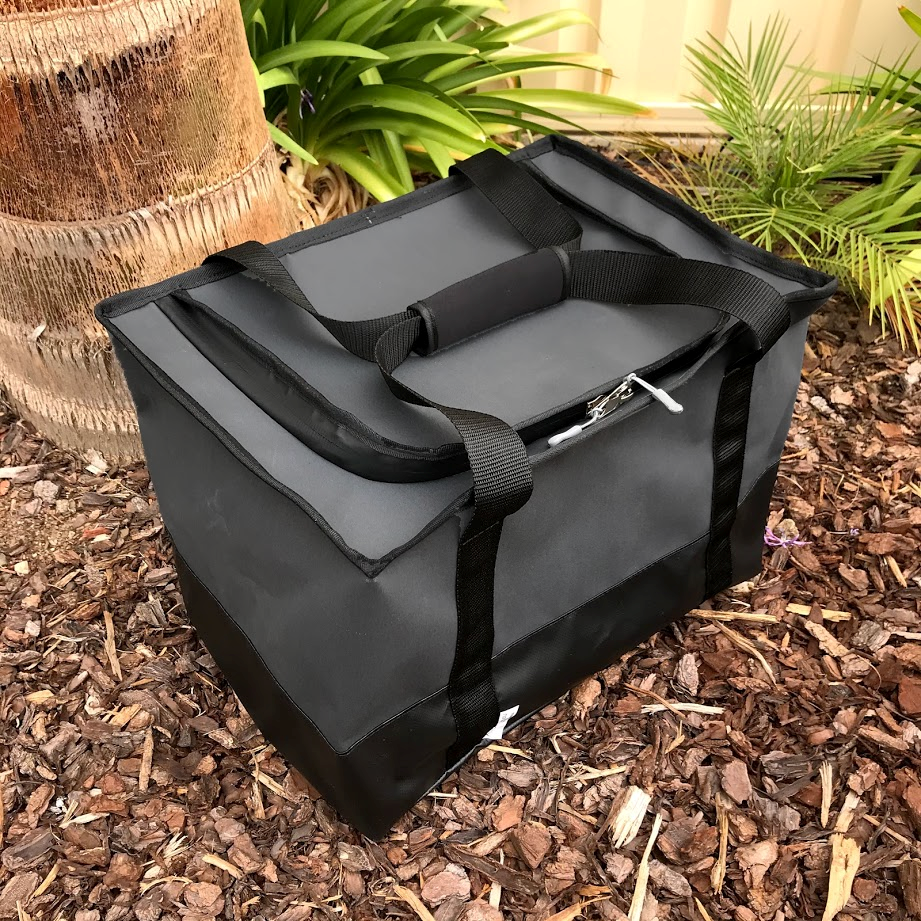

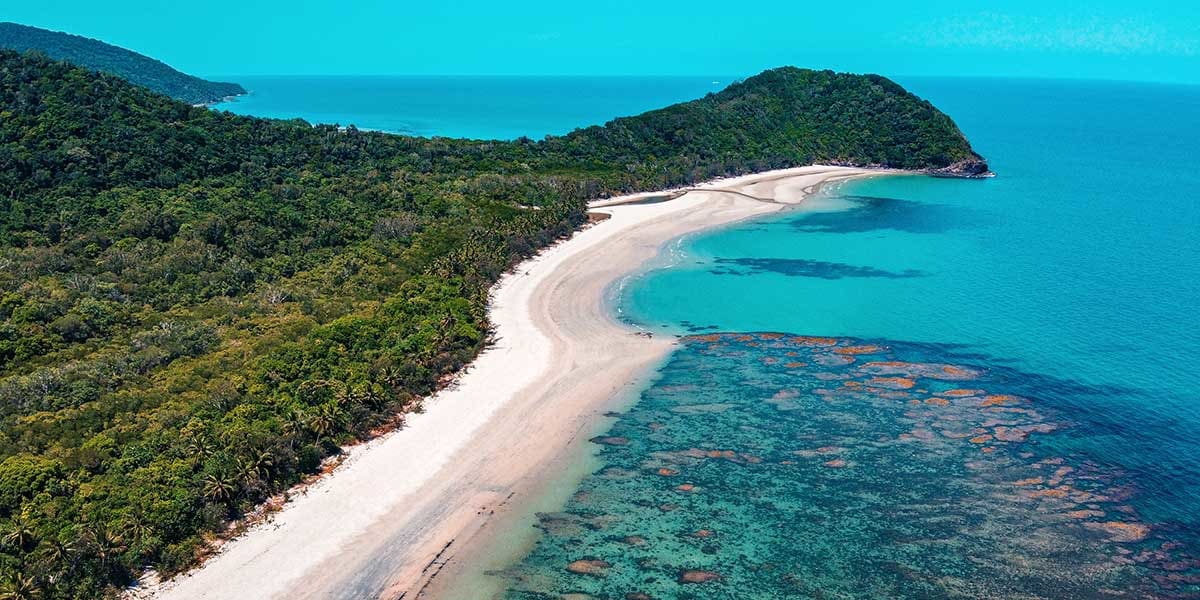
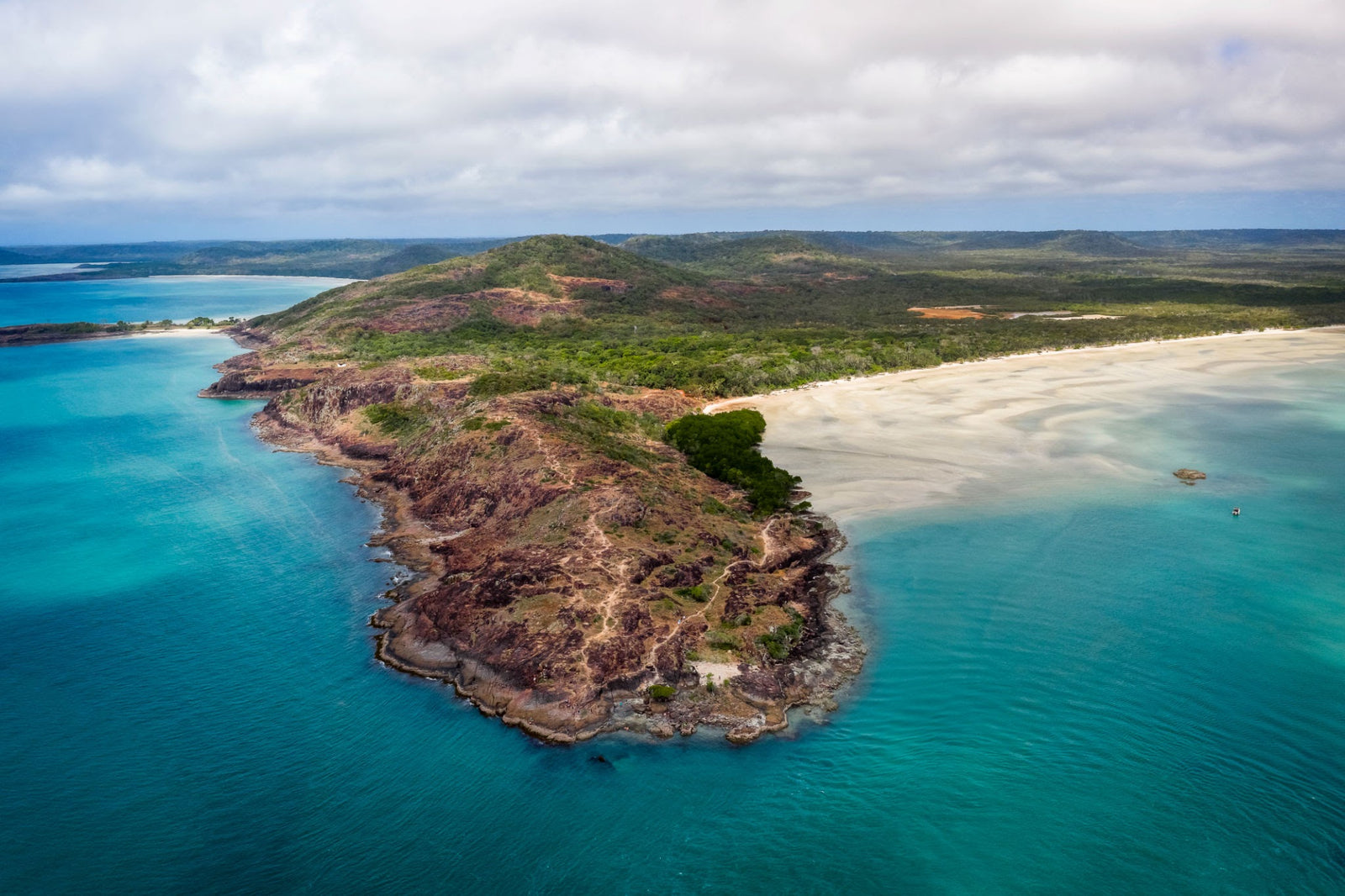
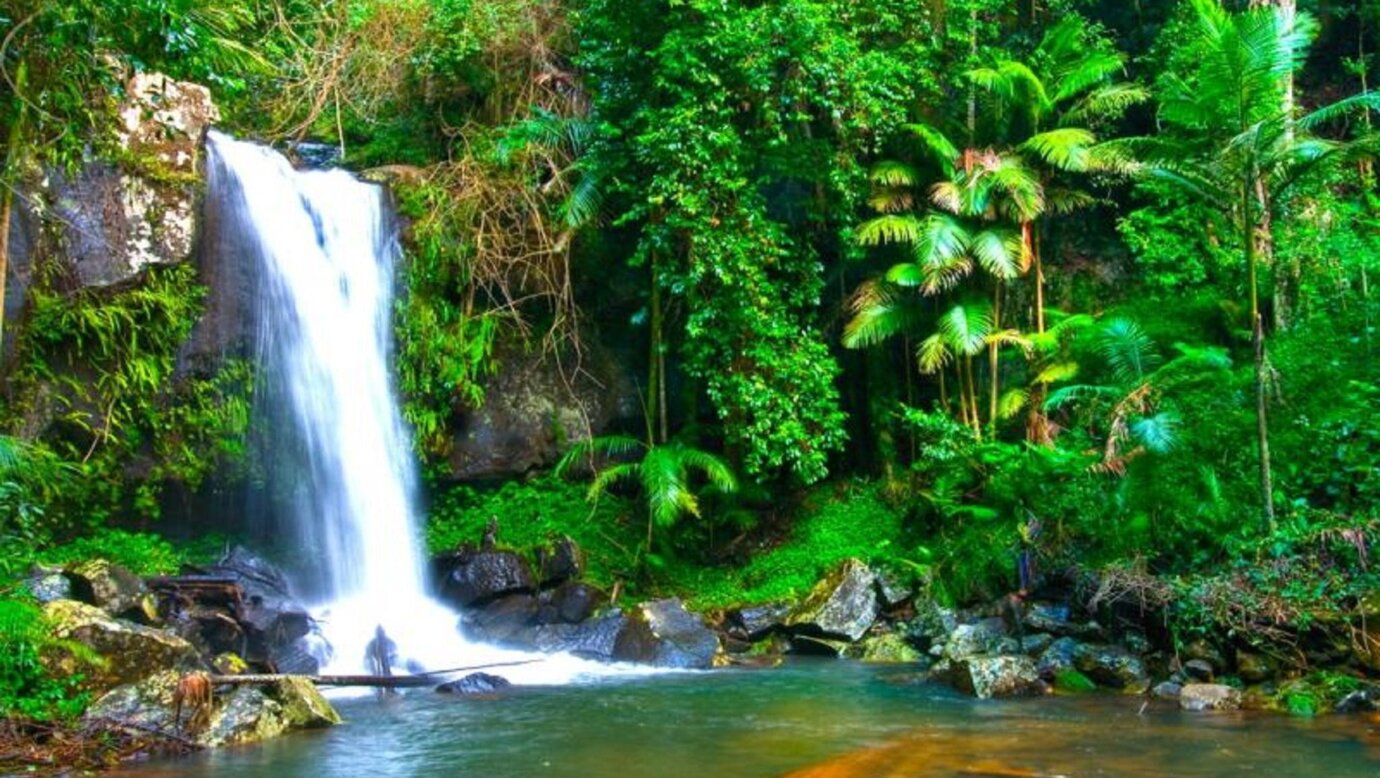

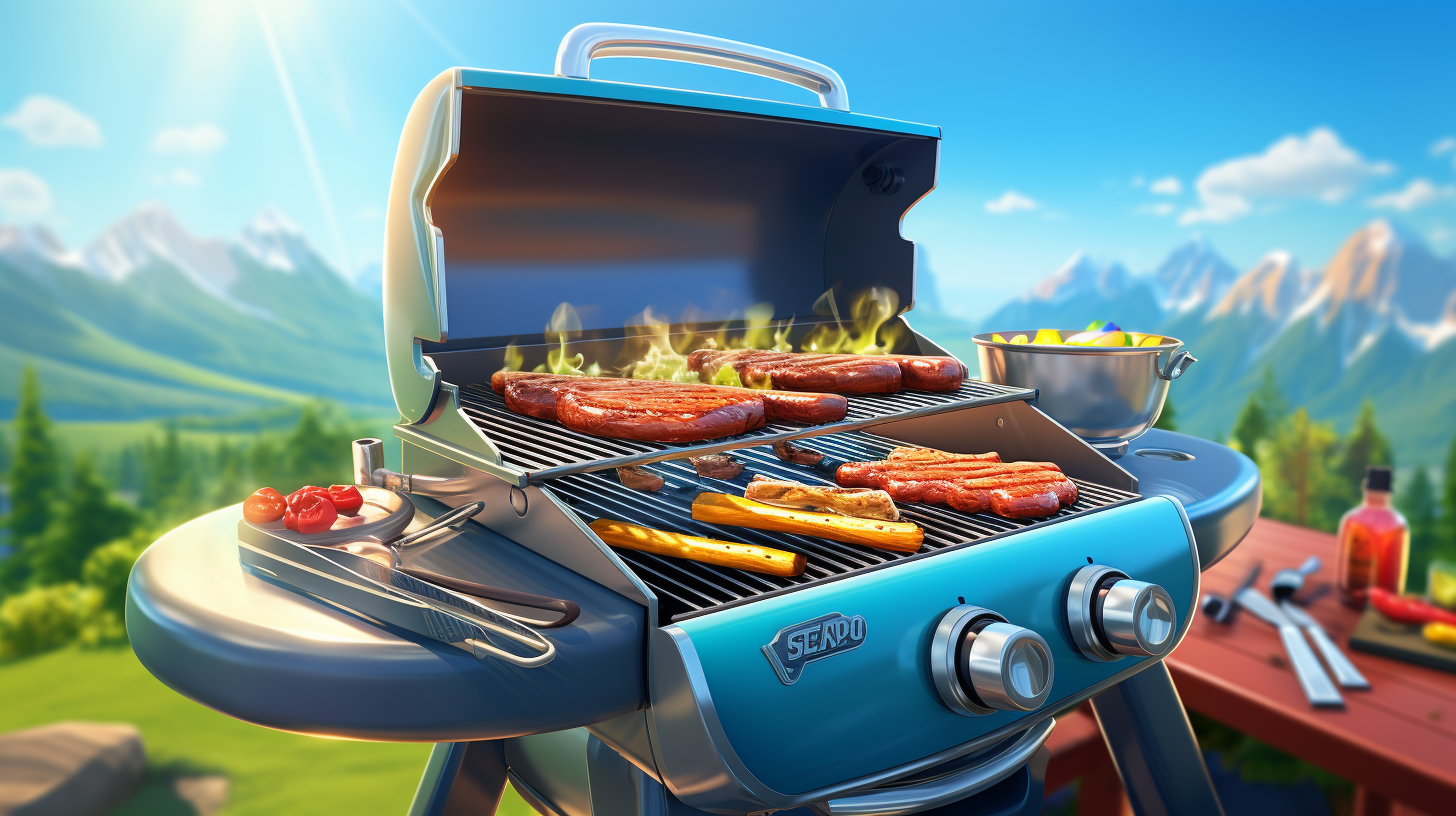
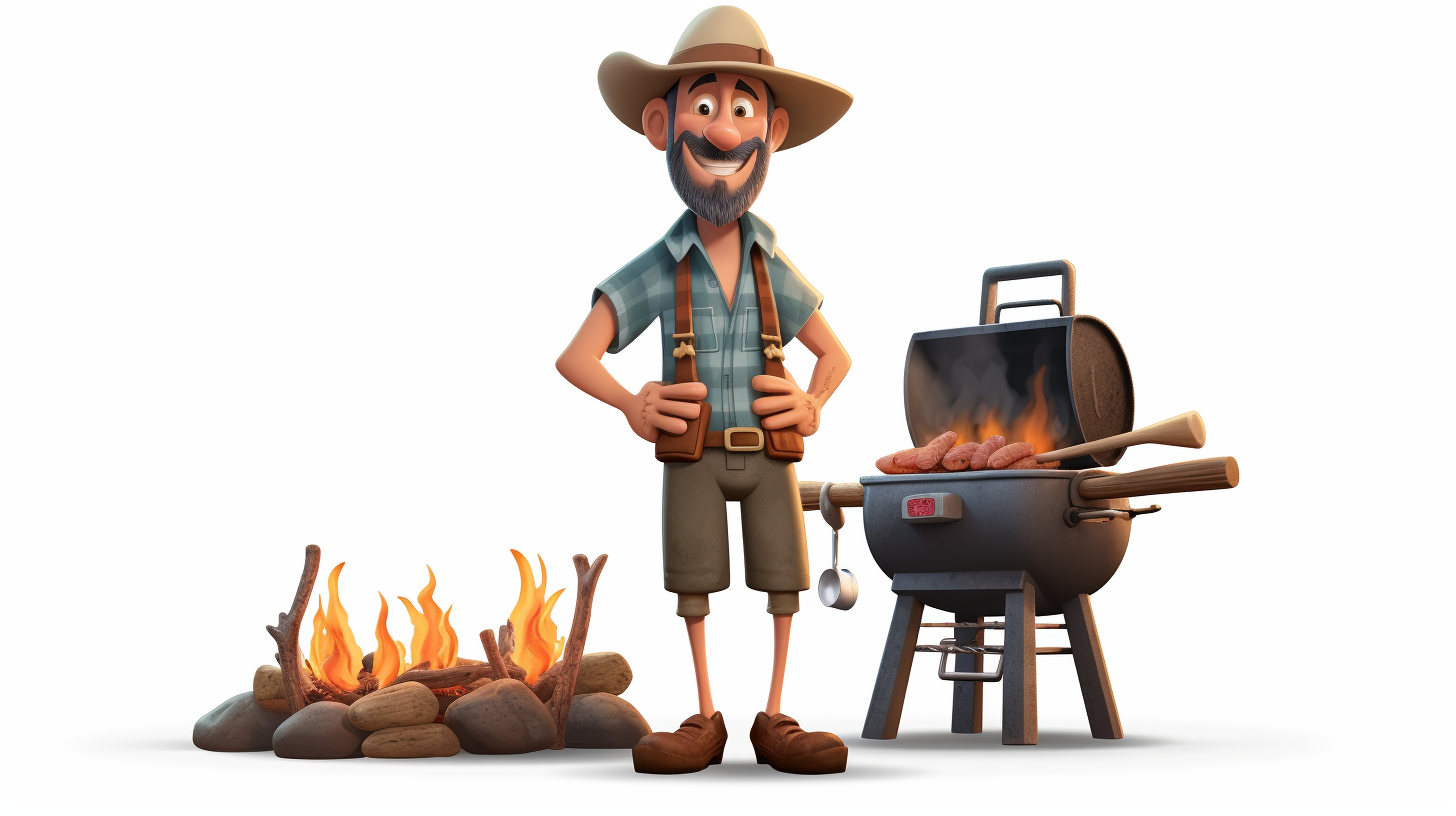
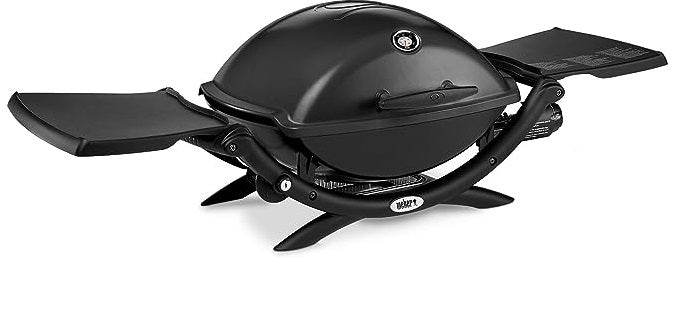
Leave a comment (all fields required)